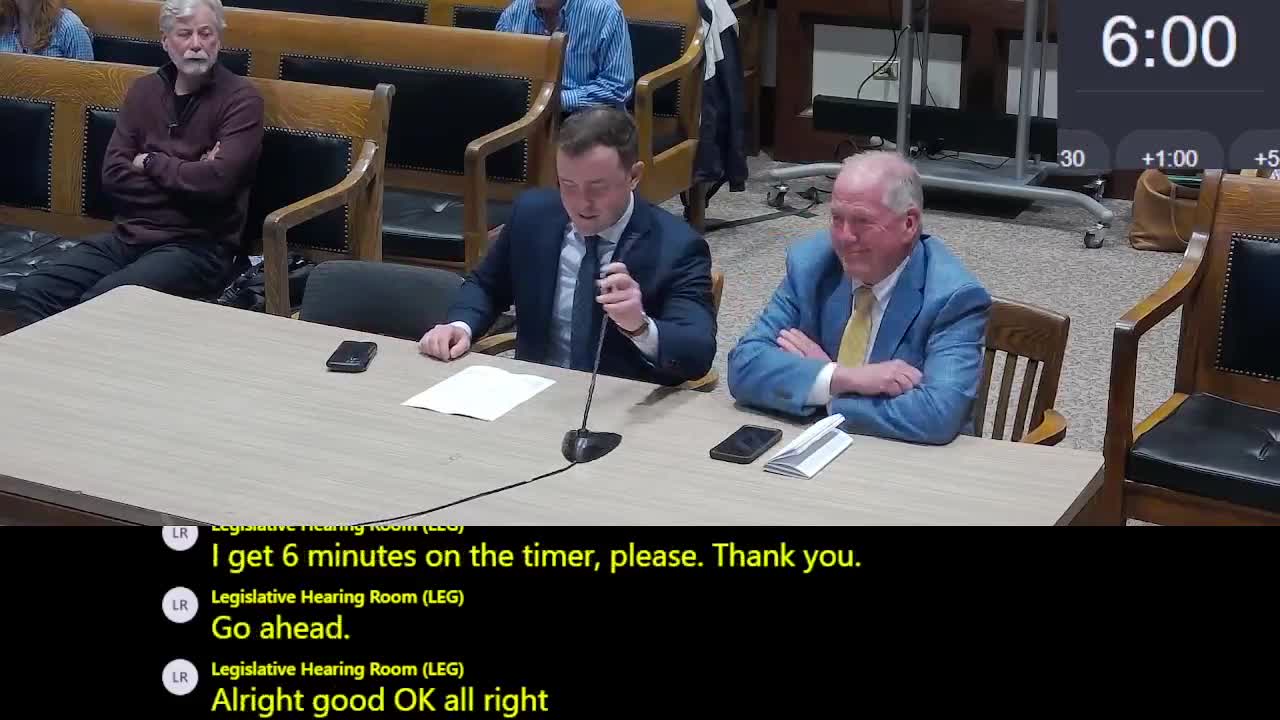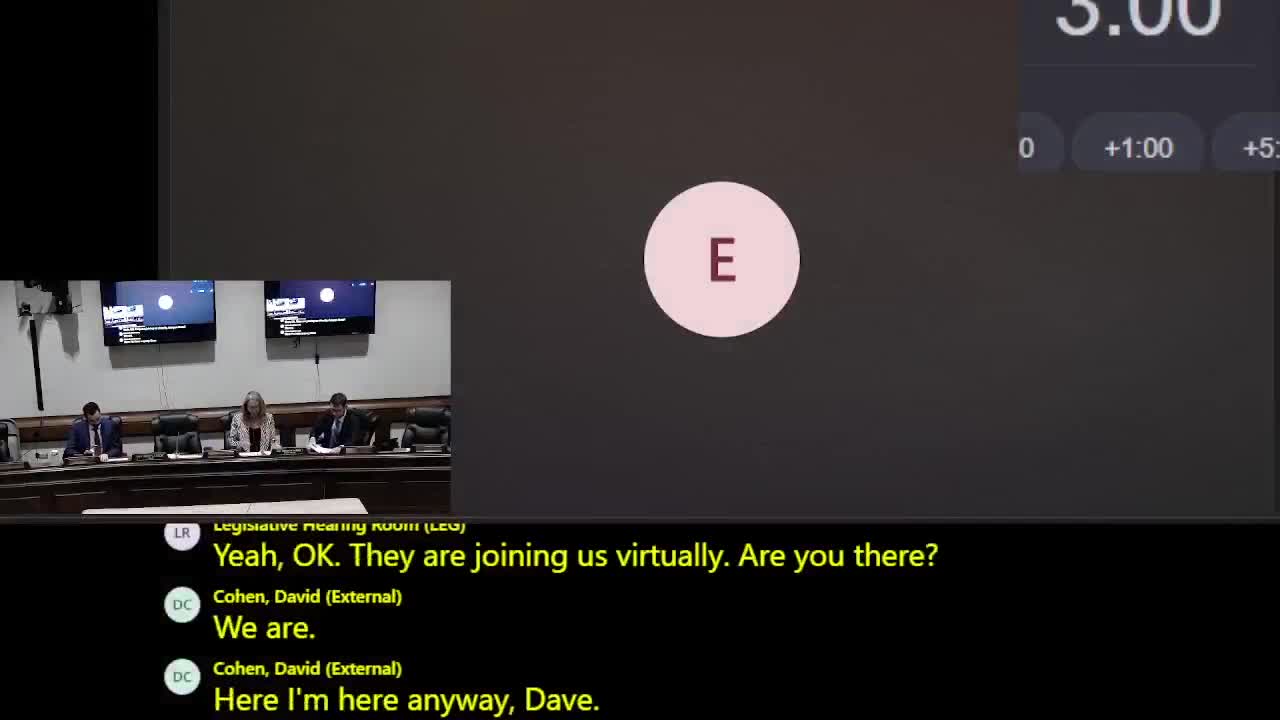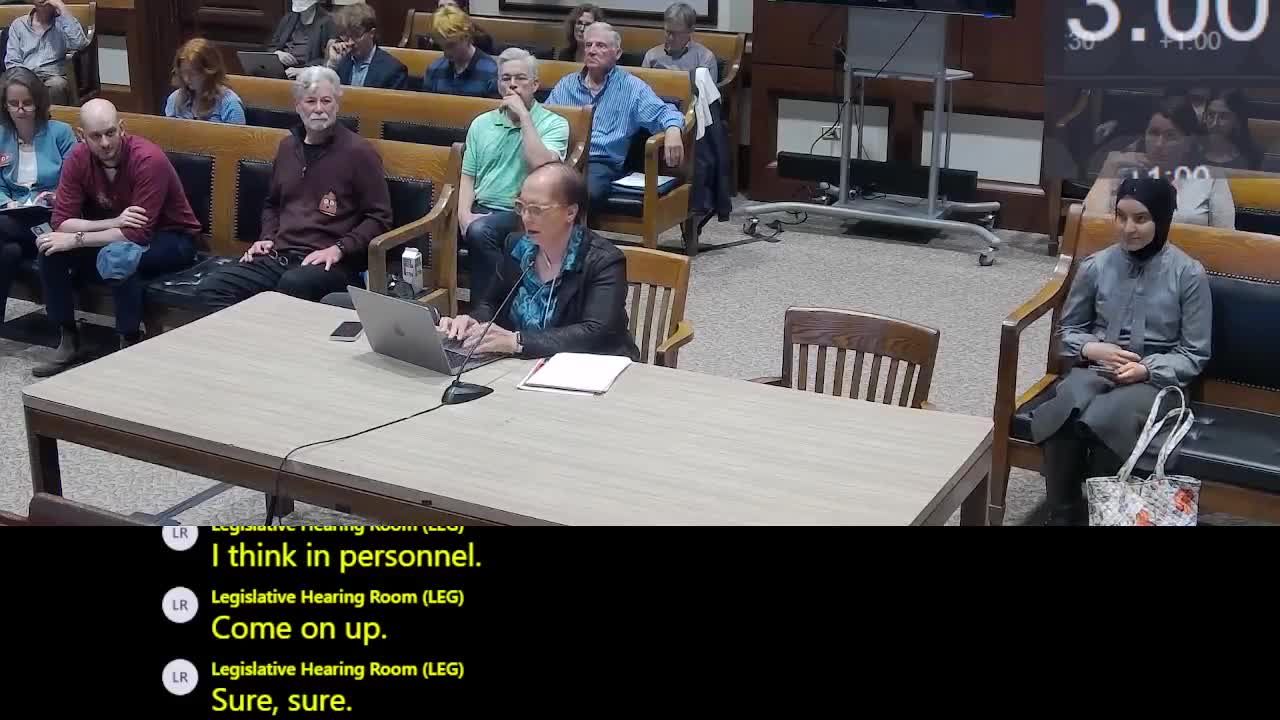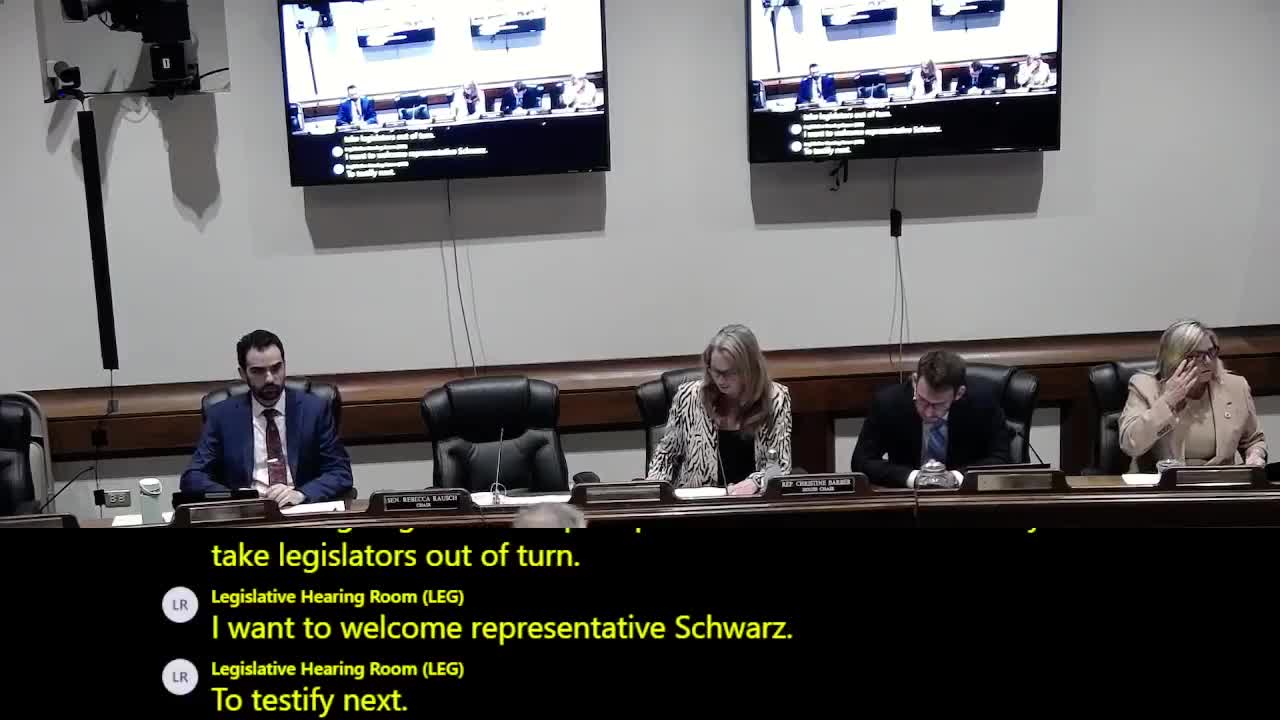Article not found
This article is no longer available. But don't worry—we've gathered other articles that discuss the same topic.

Proponents urge gray‑water reuse in new construction to stretch water supplies and protect rivers

Municipal water managers ask lawmakers to protect historic registrations under Water Management Act

Scientists, town officials and parents urge state ban on tire‑crumb infill in playgrounds and fields

Opponents ask Legislature to bar Pilgrim decommissioner from evaporating radioactive wastewater

